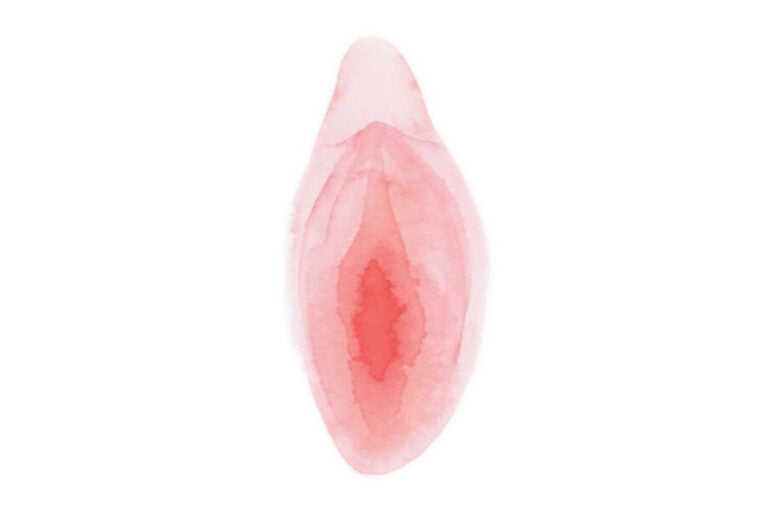Frankly, this blog could have been titled Pelvic Floor Therapy – What You Need To Know, But Didn’t Know You Needed To Know It. But, that seemed too long. Still, it’s worth noting that many people really don’t know what pelvic floor physical therapists do and how we can help make your life better, and that’s a shame.
What Is A Pelvic Floor Physical Therapist?
Just to keep it short, we’re gonna call these professionals pelvic floor PTs or just PTs. As a pelvic floor PT, I help people with an array of issues that relate to your pelvic floor muscles. If you’ve never thought about pelvic floor muscles and didn’t even really know they existed, you aren’t alone.
Most people don’t think about these muscles at all until something goes wrong, and then, too often, we just try to hunker down and live with it. But these muscles, just like the other muscles of our body, can be conditioned and strengthened, so if you are tired of dealing with urine every time you sneeze or bend over or your sex life is not all it could be, tending to your pelvic floor might be the way to solve those issues as well as several others.
See Also

What’s Up Down There?
Your pelvic floor muscles are located, not surprisingly, in the pelvic area. These muscles support all of the organs in the pelvic area, including your bowel, bladder, urethra, etc. These muscles, when strong, help us keep in urine and feces, and support sexual function, as well. They also help to support a baby during pregnancy and the mom and baby during delivery.
It’s not uncommon for adults to have issues with these pelvic floor muscles. For women, many of these issues pop up after pregnancy. Carrying a baby for nine months and then giving birth is awesome, but there’s no getting around the fact that it puts a ton of pressure on those pelvic floor muscles.
However, it’s definitely not just women that experience pelvic floor issues, such as urinary incontinence or fecal incontinence. Issues with sexual function and sexual sensation also are quite common, and these can be related to pelvic floor muscle issues, as well. We treat all men and women, and that includes men and women who have undergone gender-affirming surgery.
Truthfully, any person can experience pelvic floor issues. These can be painful, distressing and embarrassing issues, but the good news is that a pelvic floor PT can really help. Here’s a quick look at some issues pelvic floor physical therapy can address:
Urinary & Fecal Incontinence
There are many reasons for incontinence, either urinary or fecal. For women, pregnancy and childbirth can be a culprit. For both men and women, aging and being overweight also can be an issue. People who are prone to constipation also often suffer from incontinence issues, and strengthening the pelvic floor muscles can help.
Additionally, if you are experiencing urinary urgency or frequency or even bladder pain and sensitivity, these issues often are related to those pelvic floor muscles and a PT can help you resolve these issues. Constipation issues also can be cause by pelvic floor issues, so don’t be shy about giving us a call if this is a chronic issue for you.
Pelvic Organ Prolapse
The pelvic floor is like a little hammock, holding up our bladder, uterus, the bowel, the vagina and the rectum. When this “hammock” gets too loose, these organs can begin to descend into the vaginal canal and the anus. There are many technical names for prolapse issues.
For instance, when the bladder descends into the vagina, this is known as cystocele, and it’s the most common type of pelvic organ prolapse. Pelvic floor physical therapists can help with cystocele, as well as urethrocele, rectocele and more.
Pelvic Pain
For women, you might be experiencing painful sex or perhaps pain during or after pregnancy. It’s also not uncommon to experience pain resulting from a C-section or perineal scar and these are issues we can address, as well as vaginal, vulvar or clitoral pain. Men often face issues such as testicular pain or pain during ejaculation, as well as penile and perineal or anal pain.
Transgender Pelvic Health
If you are about to undergo gender-affirmation surgery or perhaps have undergone the surgery, this is a huge change and it’s often smart to enlist the support of a pelvic therapy PT. This is a huge change which definitely will impact the pelvic floor muscles, and while you might not face any issues at all, if you do, give us a call.
Also, A Word About Kegels
Too often, Kegel exercises are touted as the miracle cure for many pelvic floor issues. Kegels can help to strengthen these muscles, but they aren’t always the answer and that’s certainly not the only option I carry around in my bag of pelvic floor therapy tricks.
I can teach you how to do proper Kegels as well as other strengthening exercises. When you work with a PT, we guide you step by step so that you truly understand how to do each exercise and movement for maximum effect.
Pregnancy & Post-Partum Care
Pregnancy and childbirth are gentle, natural processes and a woman’s body was built to easily handle the . . . oh, sorry, wait a minute, I was thinking about a pregnancy guide from 1953, and I suspect that it might have been written by a man.
Pregnancy and childbirth certainly can be exciting and fulfilling experiences, but let’s be real – it’s tough on our bodies. We highly recommend that you schedule a few sessions with a PT before giving birth, even if you aren’t experiencing any pelvic floor issues. We can help get you as prepared as possible for the birth, whether it be a vaginal or C-section delivery.
We also can get you prepared for your post-partum care. We can help you set up a “vag bag” that can make those first few weeks after childbirth a whole lot easier. As women, we often focus on caring for others, but a bit of self-care can really help us recover from childbirth more quickly and easily.
And, of course, many women do find that they are facing issues such as perineal pain or painful sex or a loose feeling in the vaginal area. Often the abdominal muscles also feel loose and uncomfortable. You might also be having trouble with incontinence. Whether it’s one issue or several, your PT can help.
At any rate, it’s true that pelvic floor issues can be embarrassing to talk about, but if you are having any issues “down there,” a pelvic floor physical therapist probably can help. Millions of people suffer from pelvic floor problems, you are not alone, but you also are not without hope. If you need pelvic floor physical therapy, give us a call at any time and we can set up a consultation and get you on the road to happier pelvic floor health.









